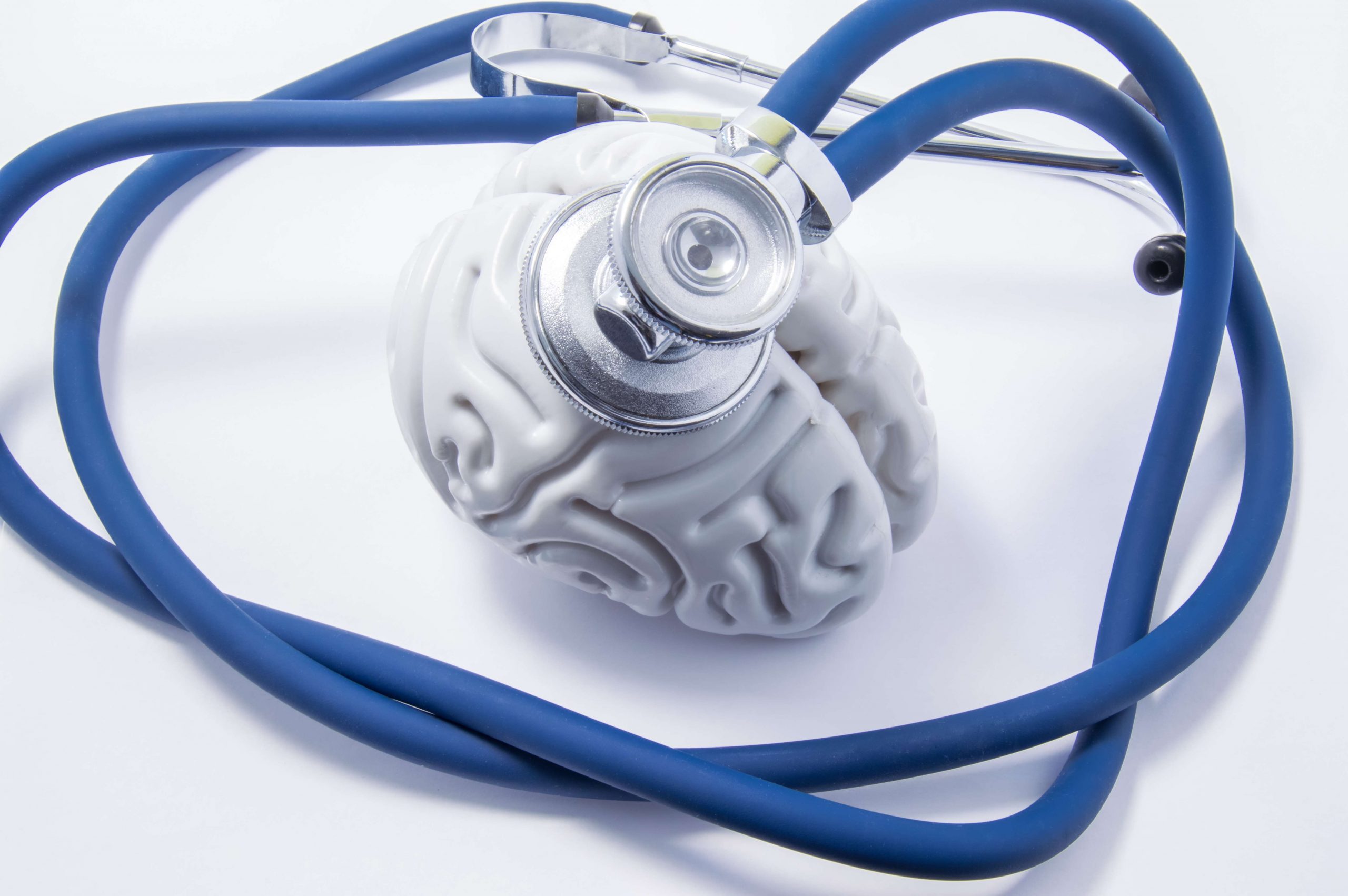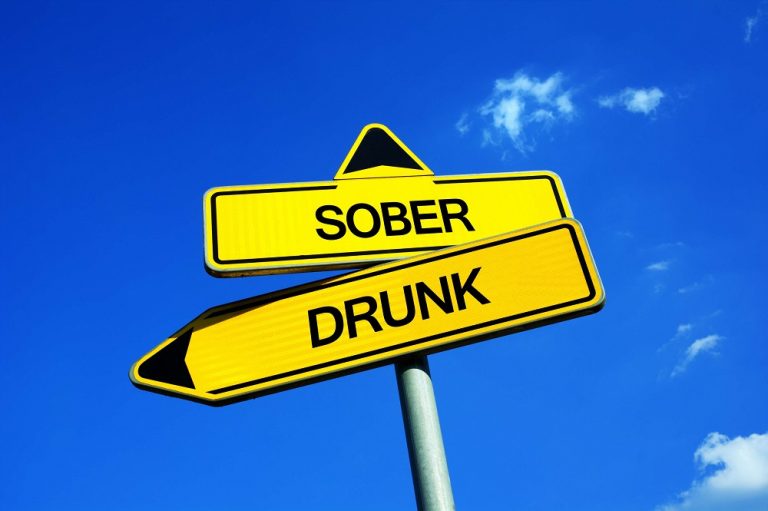By Buddy TBuddy T is a writer and founding member of the Online Al-Anon Outreach Committee with decades of experience writing about alcoholism. Because he is a member of a support group that stresses the importance of anonymity at the public level, he does not use his photograph or his real name on this website.

Korsakoff Syndrome
- If there was a discrepancy between authors after initial and full-text screening process, the reviewing authors discussed the article and a consensus was reached.
- Considerable evidence suggests that chronic alcohol use damages the frontal lobes and leads to impaired performance of tasks that rely on frontal lobe functioning (Kril and Halliday 1999; Moselhy et al. 2001).
- Table 1 presents details regarding the literature searches conducted in preparation for this review.
- Was able to retrieve long-term memories formed roughly a year or more before his surgery, he could not recall events that transpired within the year preceding his surgery.
- If you or a loved one is struggling with alcohol misuse or addiction, it’s important to know that there is help available.
- It can lead to dementia-like symptoms, including memory loss, erratic mood, and poor judgment.
As might be expected given the excessive drinking habits of many college students (Wechsler et al. 2002), this population commonly experiences blackouts. White and colleagues (2002c) recently surveyed 772 undergraduates regarding their experiences with blackouts. Respondents who answered yes to the question “Have you ever awoken after a night of drinking not able to remember things that you did or places that you went? Fifty-one percent of the students who had ever consumed alcohol reported blacking out at some point in http://ishodniki.ru/art/os/vista/806.html their lives, and 40 percent reported experiencing a blackout in the year before the survey. Of those who had consumed alcohol during the 2 weeks before the survey, 9.4 percent reported blacking out during this period.
Alcohol Addiction Treatment
- The toll that frequent alcohol use can have on your body can be severe but in some cases, the damage can be reversible.
- In contrast, Lee et al. 106 showed that voluntary binge drinking (2-h access, no abstinence) increased mGlu1, mGlu5, and GluN2b expression in the shell of the NAc, as well as PKCε and CAMKII in the core of the NAc in adult mice only.
- Alcohol enhances the effects of benzodiazepines (for a review, see Silvers et al. 2003).
- In people with young-onset dementia (who are younger than 65 years old) ARBD affects about one in eight people.
- Despite this, there is little consensus on the characteristics of a dementia syndrome related to sustained alcohol abuse or its relationship to Wernicke-Korsakoff syndrome (WKS).
In addition to impairing balance, motor coordination, decisionmaking, and a litany of other functions, alcohol produces detectable memory impairments beginning after just one https://newhomeeasy.com/home-ideas/page/2 or two drinks. Under certain circumstances, alcohol can disrupt or completely block the ability to form memories for events that transpire while a person is intoxicated, a type of impairment known as a blackout. This article reviews what is currently known regarding the specific features of acute alcohol-induced memory dysfunction, particularly alcohol-induced blackouts, and the pharmacological mechanisms underlying them. Reviews or meta-analyses were included if they described the systematic search process with listed databases and search terms. In addition, included studies were restricted to systematic reviews that assessed the relationship between alcohol use and cognitive health, dementia, AD, vascular and other dementias, brain function, or memory. Systematic reviews on the association between alcohol use and brain structures were also included.

What causes alcohol-related dementia?
The type of support they get will depend on the person’s individual situation and what they need. People with alcohol-related ‘dementia’ tend to be younger and physically more active than most people who have other types of dementia. They will also need to take high-dose thiamine (vitamin B1) tablets and eat a healthy, balanced diet, and have counselling or ‘talking therapies’. Unlike Alzheimer’s disease or vascular dementia, alcohol-related ‘dementia’ is not certain to get worse over time. With the right treatment and support, there is often a good chance that it will stop getting worse or improve.

In total, more than 5,000 articles were considered; approximately 400 are referenced herein (i.e., only articles directly related to search terms were included). One brain chemical system particularly susceptible https://e-mallorca.com/the-effect-of-alcohol-on-human-health.html to even small amounts of alcohol is called glutamate. Among other things, glutamate affects memory and may contribute to what causes some people to temporarily «blackout,” or forget much of what happened during a night of heavy drinking. In an acute sense, consumption of alcohol can lead to uninhibited behavior, sedation, lapses in judgment, and impairments in motor function.

